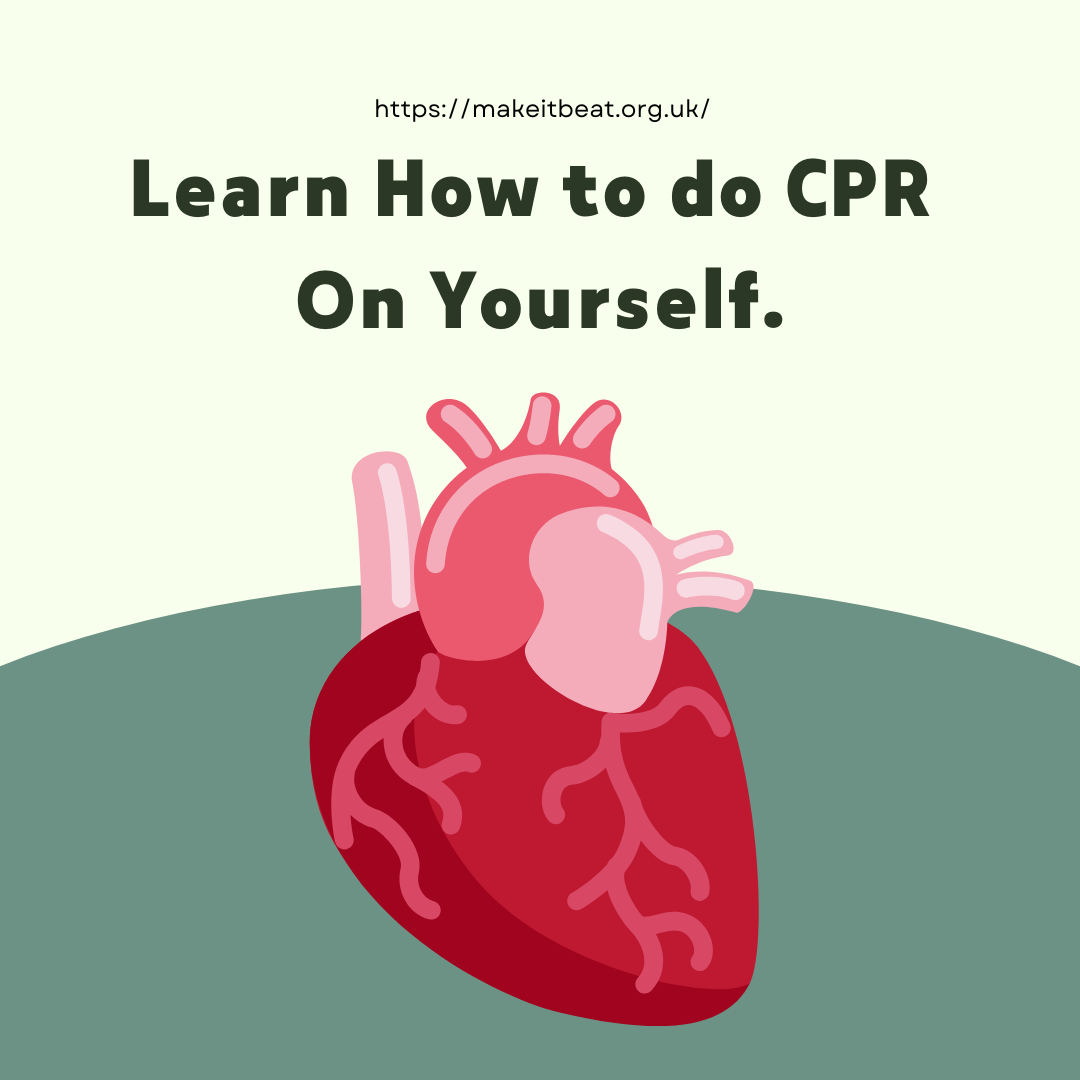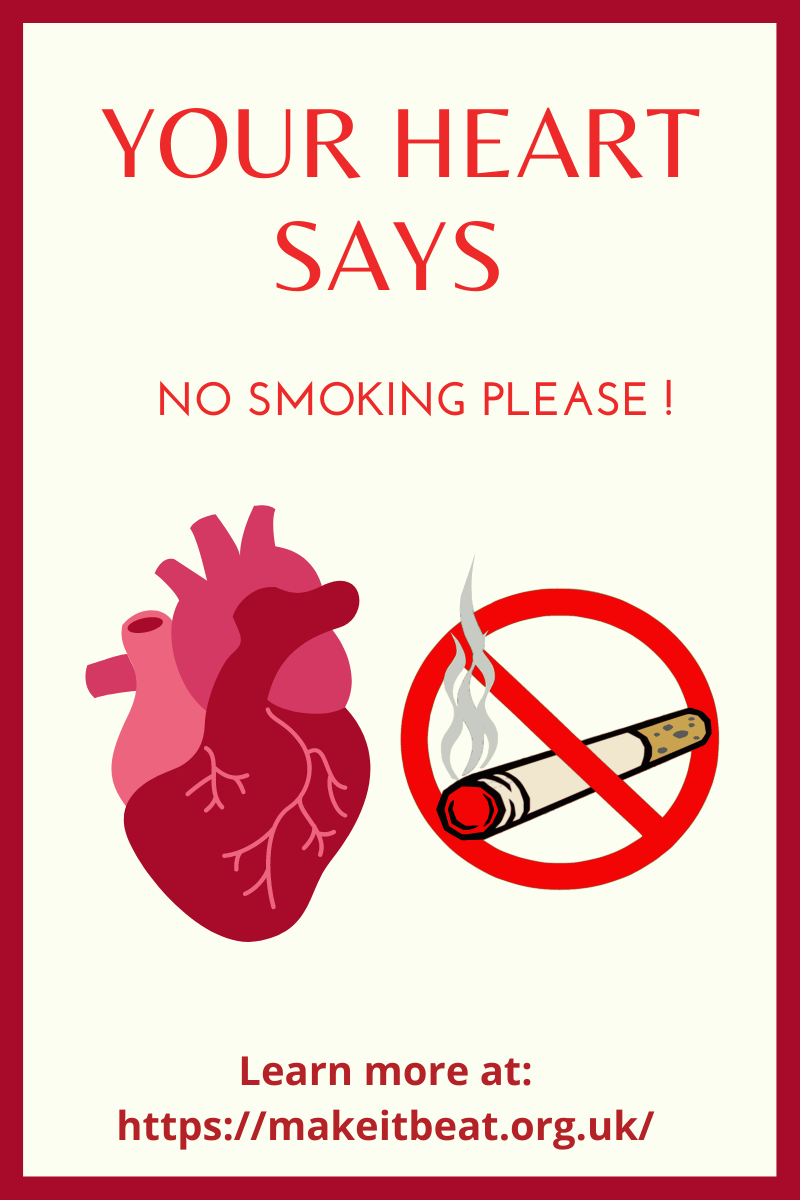A heart attack always causes some permanent damaged to your heart muscle, but the sooner treatment is given, the more muscle it is possible to save.
If a heart attack damages a significant amount of your heart muscle, this can affect the pumping action of your heart. The term used to describe this is heart failure. Also, some people continue to get angina after the have had treatment for their heart attack because there is still narrowing of one or more of their coronary arteries.
Heart attack prevention
A heart attack can be a frightening experience and it can take time to come to terms with what has happened. It’s natural to be worried about your recovery and future.
Many people make a full recovery and within a few months are able to return to their normal activities. However, some people may find that they are not able to do as much as they previously did. Attending a cardiac rehabilitation course will increase your chances of getting back to normal as quickly as possible.
What about recovery?
Living a healthy lifestyle can help prevent you from developing coronary heart disease and having a heart attack.
If you have had a heart attack you can dramatically reduce the risk of another heart attack and future heart problems by keeping your heart healthy and taking your medicines.
If you are over 40 you should ask your doctor or nurse for heart health check to assess your risk of having a heart attack in the next 10 years.







